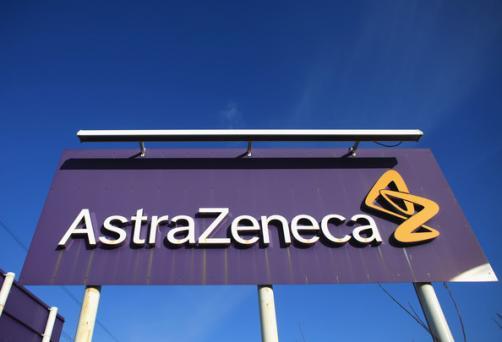AZ's Lynparza impresses with new ovarian cancer data

New data from AstraZeneca’s (AZ) ovarian cancer drug Lynparza have laid down a tough challenge to rivals such as Tesaro, Clovis and Pfizer, who are vying for supremacy in what could be a very tight market.
The companies are developing a new class of cancer drugs, known as poly-ADP ribose polymerase (PARP) inhibitors, and both AZ and Clovis announced new data at the Society of Gynecologic Oncology Annual Meeting on Women’s Cancer.
AZ was already first to get Lynparza (olaparib) approved and launched in the US – but only on early data, and needs strong phase 3 data to ensure the drug can stay on the market and stave off challenges from its rivals.
And strong data is exactly what it got from the phase 3 SOLO-2 trial, a trial involving 295 patients in germline BRCA-mutated, platinum sensitive, relapsed ovarian cancer.
Sales of Lynparza were $218 million in 2016, and AZ needs the data to convince doctors to prescribe it to push revenues past the magic billion-dollar mark, as CEO Pascale Soriot seeks change its fortunes as older drugs face generic competition.
Lynparza reduced risk of disease progression by 70% with an investigator-assessed progression-free survival of 19.1 months vs 5.5 months with placebo.
A blinded independent central review showed progression-free survival of 30.2 months vs 5.5 months with placebo.
There was also a statistically-significant benefit in time to second progression or death seen in patients treated with Lynparza compared with placebo – too many patients were still alive to give a figure in the Lynparza arm, compared with 18.4 months in a placebo arm.
AZ also noted safety data was in line with previous trials, with a low incidence of haematological toxicity – an important factor for a drug that will be used as a maintenance therapy.
Shares in Tesaro, which is developing rival PARP inhibitor niraparib, fell 10% following the news, as AZ’s data seem to show it has an advantage in efficacy.
In a trial in the same indication last year, niraparib showed a progression-free survival of 21 months, compared with 5.5 months in a placebo group.
Clovis got its PARP inhibitor approved by the FDA in December and works in a slightly larger patient group including those with BRCA-like mutations. Data from Clovis’ phase 2 ARIEL 2 study showed a progression-free survival of just under 13 months in some groups. The company’s share price jumped 10% on the data.
Slightly behind is Pfizer and its talazoparib, which it acquired through its takeover of cancer biotech Medivation in September.
Medivation says talazoparib could be the best in class through a slightly different mechanism of action, although sales forecasts are much lower, at around $165 million.












